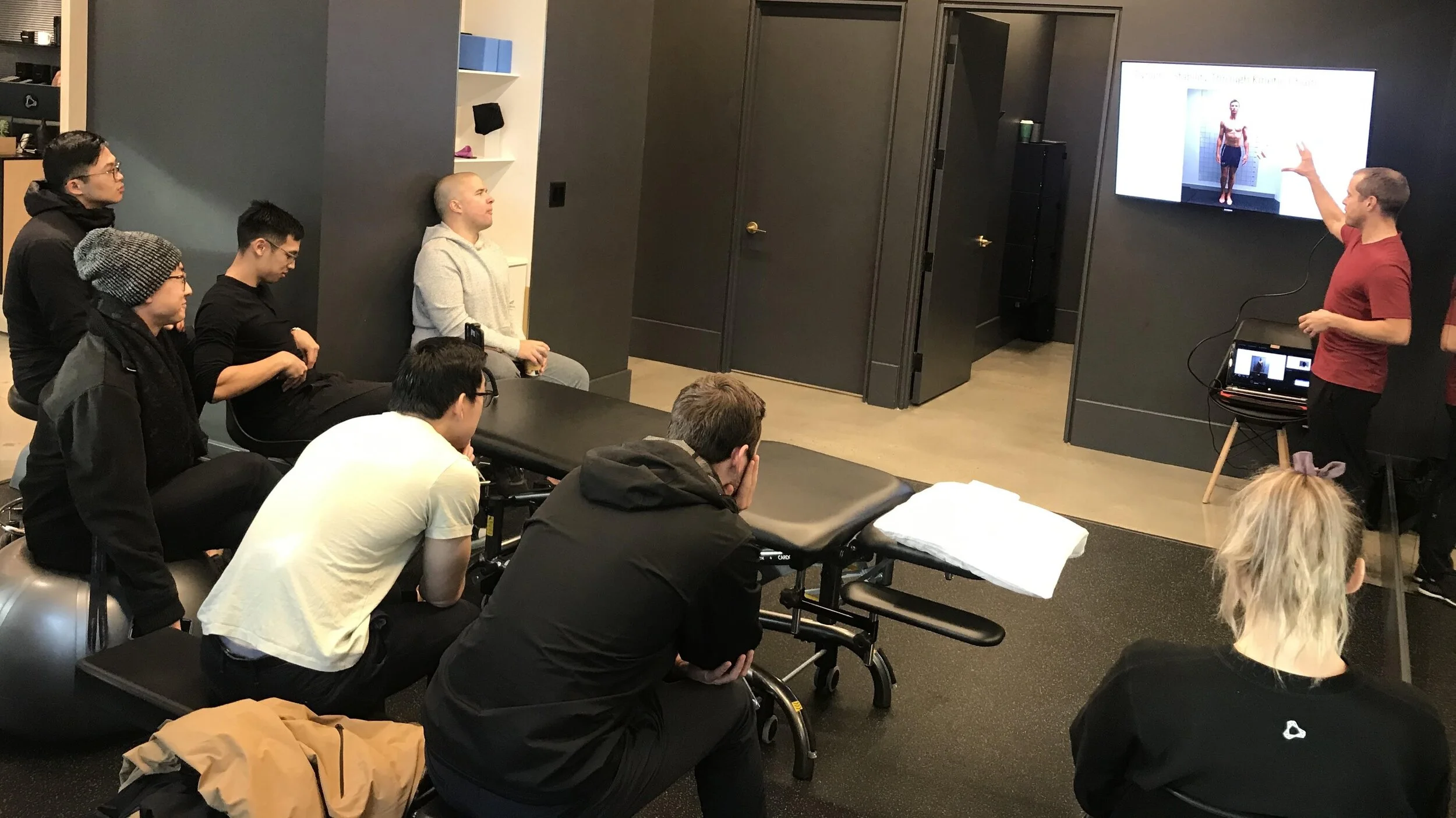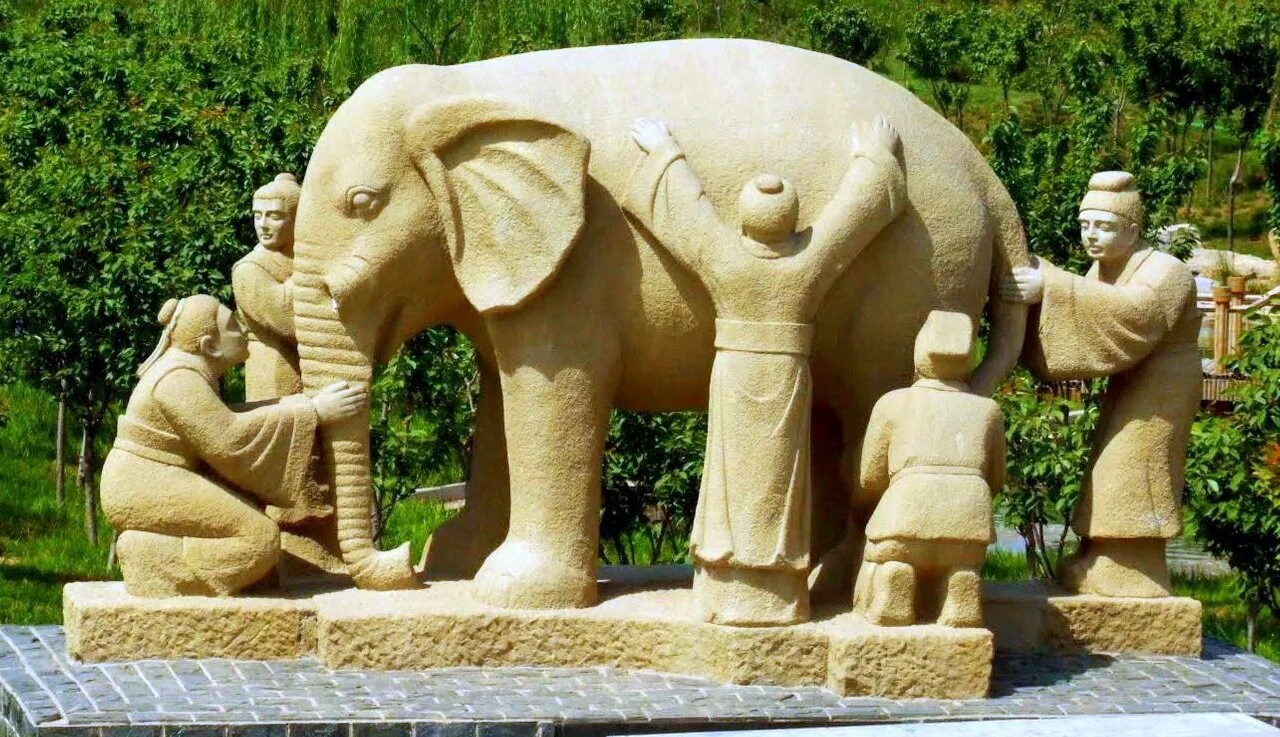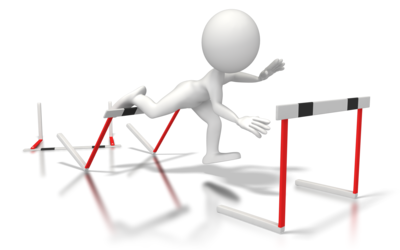As many practitioners will testify, it is after we have completed our formal education, professional training and certification that the real learning begins. The day to day experience of solving problems with live humans is when we discover the limits of our knowledge. It is also here that we find out that the reality is quite different to what is taught in class and the version that appears in (most) textbooks. Individuals, organisations and certifying bodies alike recognise this need to continue our learning once we are working in our respective field. The terms continuing education, continuing professional development and variations thereof will be familiar to most practitioners across disciplines (sadly it is not so well established in the coaching profession). What is less clear is how we might best tackle this ongoing quest and make good choices from the growing array of options with regards to content and the modes of delivery that are available to us.
Realities of 'Performance Consulting'
It is increasingly prevalent for forward-thinking individuals within various organisations to seek insights from other domains and explore novel practices that have been applied with success elsewhere. Coming in as an outsider also allows the separation and distance that is necessary to offer an objective assessment of where things currently stand. In either scenario it is becoming more widely recognised that there is merit in seeking out different perspectives. A different way of considering the problem naturally opens up new possibilities for solutions. One route to achieving this cognitive diversity is via recruitment and employing individuals different backgrounds importing expertise from overseas bring experiences from other sports. An alternative strategy as we will explore is to engage individuals in a consulting capacity.
Triangulating a Position
As the value of cognitive diversity becomes more recognised, what is striking is how slow we have been to realise the need to revise our habitual ways of consuming information and interacting with those who hold contrary views. Whilst pioneers who think different are celebrated in modern western culture, in reality we are far less amenable to entertaining disagreement and diverging ideas. In the professional and academic realm we are quick to follow an authority and align with a school of thought. The hordes are likewise quick to leap into the breach to defend the doctrine against perceived challenge or dissenting views. If anything debates in all circles are increasingly polarised, as the assembled masses flock to either one side or the other. We might appreciate cognitive diversity on a conceptual level, but on a practical level we are clearly not there yet. So what steps can we take to enjoy the benefits of cognitive diversity and open our minds to the possibilities as we form our opinions?
The Evolving Role of Coaches and Coaching Beyond Sport
The Last Dance is a very recent example that illustrates how a glimpse into elite sport at ground level has the power to enthrall so many. In particular, the world of sport and coaching holds a fascination for leaders in business and commerce. Sport serves as a metaphor for much in the business world and the language used in meeting rooms across all sectors tends to be rife with sporting references. The growing use of the terms ‘coach’ and ‘coaching’ within organisations and different professional realms seems to be the latest example of this phenomenon. Or might there be more to this development?
First Do No Harm: Iatrogenics in Coaching and Practice
Iatrogenics is a term most commonly used in medicine. As attested by the Hippocratic oath (and the premise ‘First Do No Harm’), the medical profession is familiar with the concept that an intervention may pose potential risks and unforeseen consequences. In contrast, the idea that we may either not be helping or through our involvement inadvertently making the athlete worse off does not necessarily occur to coaches and practitioners. In this post we explore how iatrogenics applies in the context of coaching and practice, and make the case for considering potential risks as well as benefits before we intervene.
Leveraging 'Agency' in Athlete Preparation
Agency can be defined as the sense that we are in control of our own actions and the outcomes that follow. Agency is central to how we perceive our interactions with the outside world. For instance, sense of agency permits us to feel that through our actions we are able to influence external events. In this way, agency is integral to the notion that we have some degree of control over our situation, our standing in the world, and our future direction. In this latest offering we peel back the layers of agency in the context of athlete preparation, exploring what it means (and what it doesn’t mean) in relation to our work with athletes.
Emotional Aptitude in Athlete Preparation
Emotion has traditionally been viewed as something to be suppressed. The logic goes that as leaders and people in positions of authority we should be detached and act ‘without emotion’. If somebody is described as ‘emotional’ generally this is construed as a bad thing; when we become ‘emotional’ the implication is that we are no longer being rational or we are not capable of reason. Conventional wisdom advocates we avoid an emotional response or making emotional decisions. In contrast to these established views, more recent study in this area demonstrates that emotion is in fact integral to reasoning, decision making, guiding our behaviour, and our ability to relate to others. Emotional intelligence is accordingly becoming recognised as being at least as important as more established forms of intelligence. Indeed we increasingly hear commentators proclaim that ‘EQ trumps IQ’. In this latest Informed Blog we delve into the role of emotion in coaching and our work with athletes, and explore what aptitudes we need to possess in this area as leaders, coaches, and practitioners.
Fostering Diversity of Thinking
Divergence of opinion has traditionally been viewed in less than positive terms: when x and y don’t see eye to eye on a particular subject, this is generally seen as problematic. By extension, we hear of the virtues of assembling a group of ‘like-minded’ individuals. Organisations typically promote compromise and conformity as virtues to foster harmony and unity within the group. Contrary to this, the wisdom of crowds illustrates the benefits of aggregating judgements from a broad and disparate group of individuals. To further strengthen the case for diversity of thought and experience, ‘cognitive diversity’ is in fact found to be the major factor that differentiates successful teams and organisations. In this Informed Blog, we explore the paradoxical ways diversity and divergence are conceptualised, and see what lessons we can take on a group and an individual level in the context of sport.
Traits of Elite Coaches and High Performing Practitioners
In this latest offering we explore some of the traits that differentiate the best coaches and practitioners in their fields. One disclaimer before we start is that this post is based on observational study. To some degree the themes we explore reflect wisdom shared by prominent individuals via different forums and media. However, I unapologetically give more weight to traits and behaviours that I have directly observed. I have been fortunate to interact with a representative sample of these exceptional individuals across multiple sports in various contexts; this has provided the opportunity to see how they approach their work with ‘live’ athletes in different scenarios, as opposed to how individuals claim they act and operate in practice. The themes we explore are therefore more a product of this direct observation, rather than simply distilling what has been presented elsewhere.
Informed Shorts: Making New and Better Mistakes
As the saying goes, there is no success without struggle. The fear of making mistakes can become disabling, particularly if our aim is to try something new or different. So perhaps we need to to reframe how we think about making errors to avoid being too constrained by the desire to not get it wrong. The quest to be creative and innovative in our problem solving necessitates having the freedom to try new and different things. This principle applies whether we are seeking to explore new questions, or find different solutions to existing questions.














